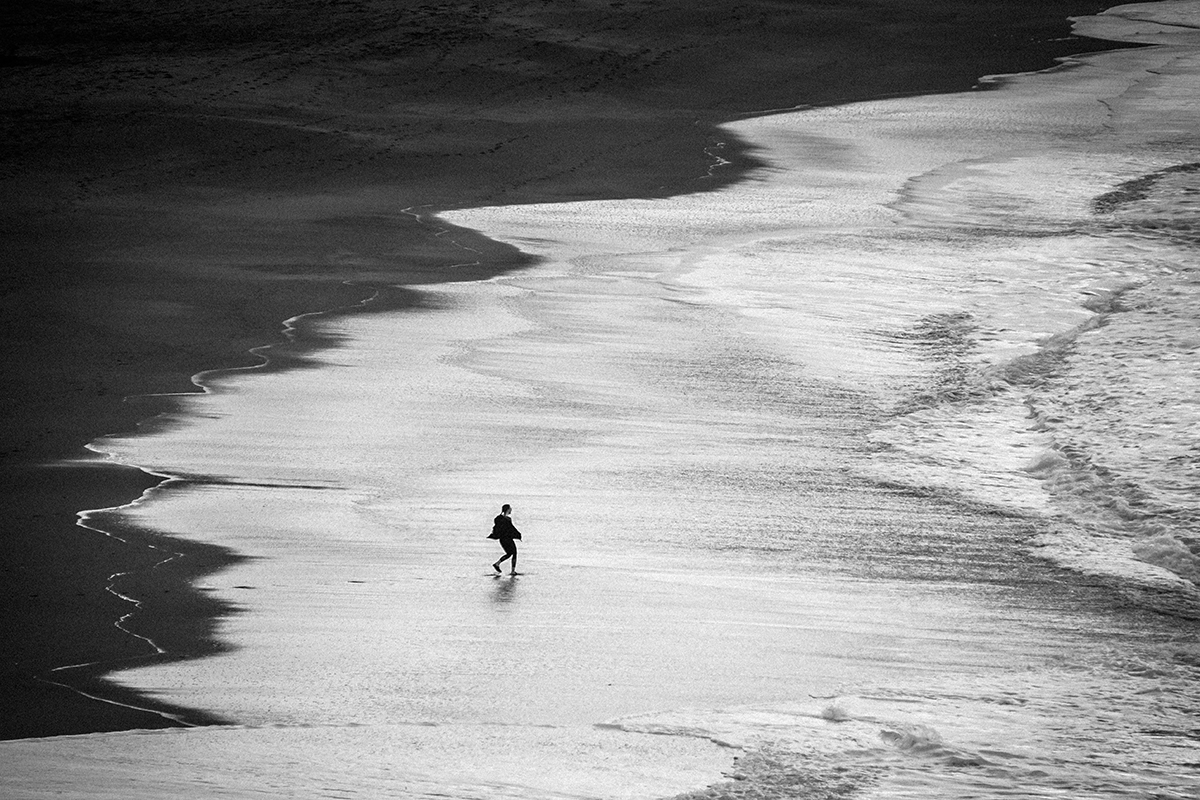There are so many things to learn in photography. Technical things, composition techniques, photo editing, camera gear stuff, and so much more.
That’s the reason I love photography and I am enjoying this journey, because every single day, I learn something new that blows my mind and makes me better at what I want to photograph!
This post is written by Jacklyn Zacarias, an amazing photographer based in Los Angeles, California!
1. Organize/Capture RAW
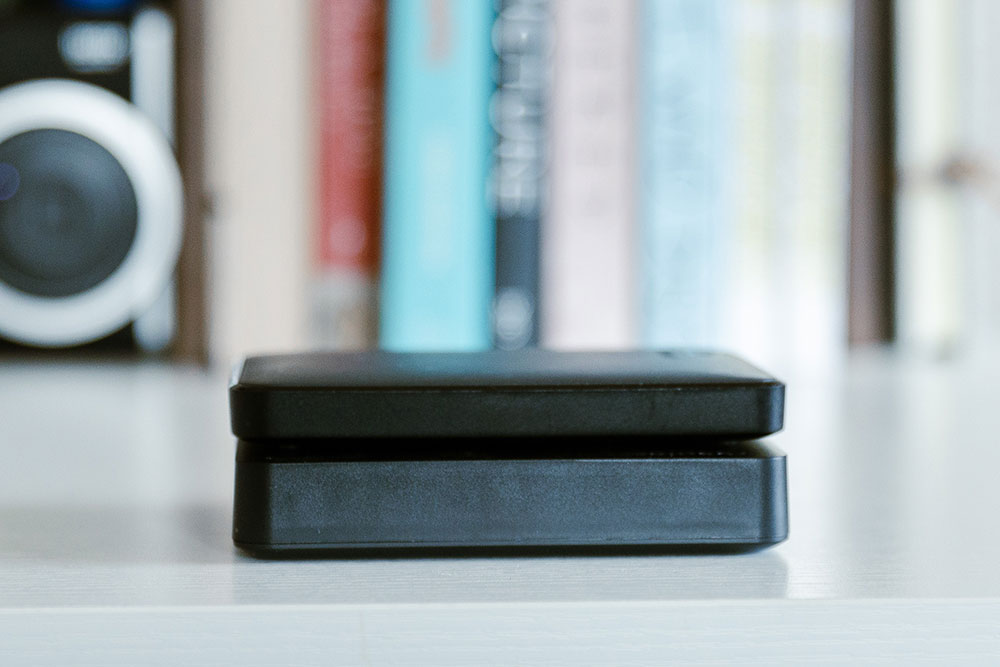
As a new photographer, I began to avoid capturing in RAW because of how much storage it took and how much it slowed down my computer. Although RAW edits were more appealing than .JPG (in my opinion) I continued to capture in .JPG.
Finally, a professional photographer mentioned a hard drive she uses to save all her RAW photos. Since then, I bought my own external hard drive and continued to upload/organize all my RAW files on there.
2. The Right Type of Lens to Buy or Rent
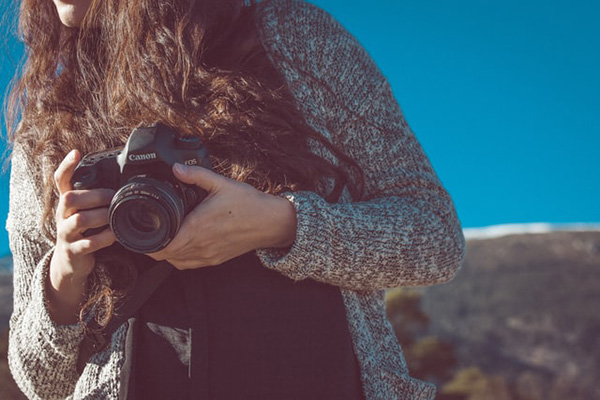
Can’t tell you how many lenses I purchased full price and sold them within the same week for less. What a waste of $$! No one mentioned to me about renting lenses via apps, or even becoming friends with another photographer and eventually trying out their lens to see if I enjoy them before I spent all my money.
Second, the right type of lens. My favorite was the 18mm for landscape shots but I would try to use this lens for portraits and this was making the body distort on my camera. Do research, what type of photography you enjoy and which are the right lenses for that specific type.
3. Doing the Right Research
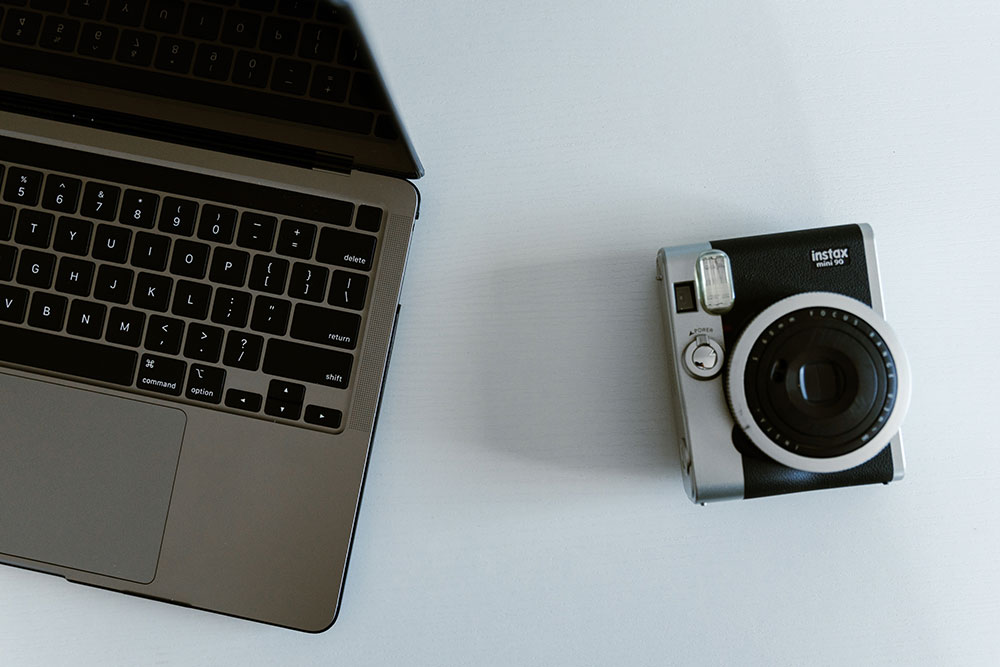
We all want to become a better photographer but what are we researching? How to take better photos? How to master lighting? These are all great questions, but now as an experienced photographer, I would have told my beginning self to research “where to begin with editing?” “How to edit with harsh lighting” “How to edit dark and moody” questions like these.
There are many times I have taken a not-so-appealing photo and made it look so nice because of editing. But editing does play a huge role in photography and I think this is where new photographers are not putting their focus. Learn photography, YES! But don’t forget to put that research time for editing as well.
4. Don’t Ignore the Histogram
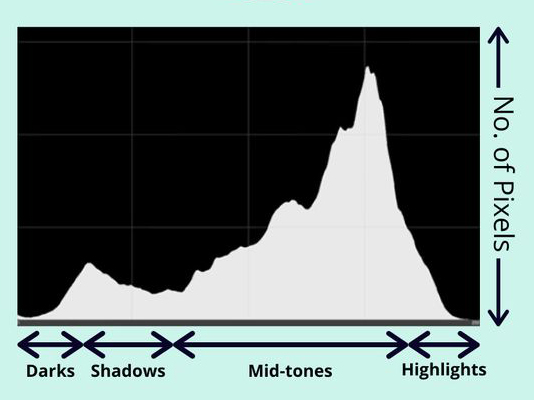
It is there for a reason! At first, I thought it was this huge distraction on my screen until I learned how much it benefits my photos. Use the histogram to determine the brightness of your photo, if you are under/overexposed, and how to preserve highlights and shadows.
5. Don’t “fix in editing”
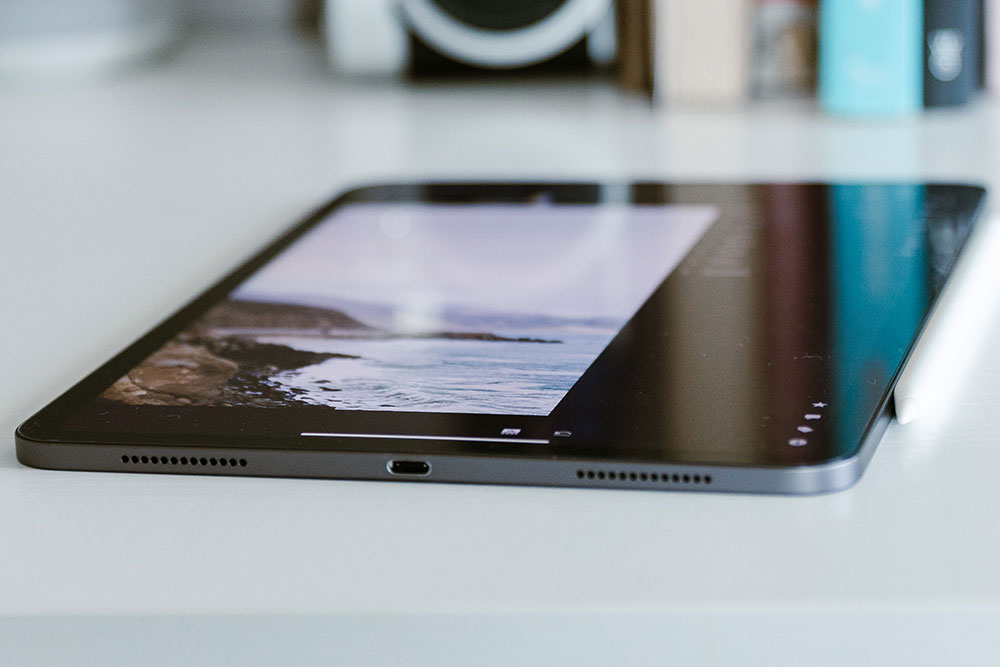
As you begin to improve your photography skills try to avoid “I’ll fix that in editing..” because sometimes Lightroom and Photoshop do not remove ALL objects. Try to move around, change positions, change your perspective of a photo to remove any distractions you may have in the background.
For example: if you have a nice full body shot of someone in a nice grassy field but in the back, there is this bright red flag pole, it will still show up in your photo even with a blurry (depth) background. But, this is where you can change your direction, maybe capture a different angle or even hide the flag behind your person.
As a photographer, try to remove any distractions pre-editing therefore it is less work for you too.
